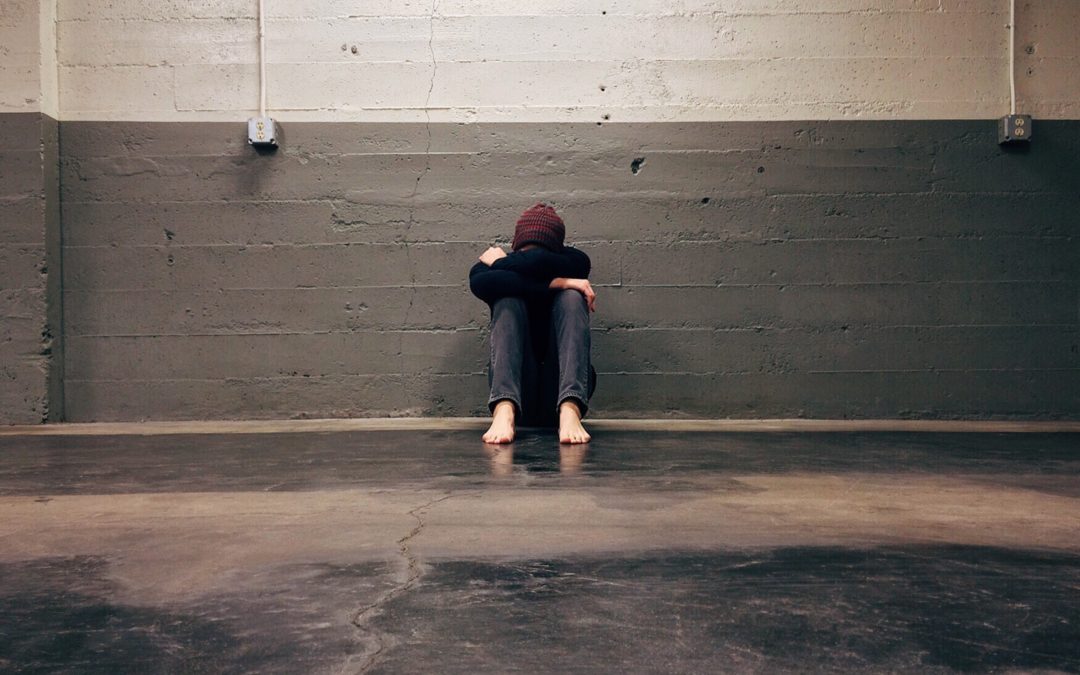Suffering a loss can feel paralyzing, interfering in the ability to function and enjoy life. Sometimes grief triggers a sense of panic and anxiety. For example, you may experience a loss of certainty that your loved ones are protected and you have no control over their safety. You may panic or worry excessively about who you may lose in the future. This puts a strain on your mental health as well as your physical well-being. Oftentimes, these individuals may benefit from grief counselling.
Although anxiety isn’t a part of the grieving stages, once activated, it can linger months to years after the loss of a loved one.
What triggers anxiety?
This anxiety is not limited to one type of loss. Anyone of a number of losses can trigger anxiety both during the grieving stage and after. From losing a pet, a job or partnership to experiencing a breakup, divorce or the loss of freedom as in the case of Covid-19, they all have the potential to bring about anxiety. Having someone close to you experience a life-altering diagnosis, having a chronic illness or facing the reality of your own mortality can also provoke these lingering, anxious feelings.
There are also secondary losses that can appear over time, and elicit anxiety. If, for example, the primary loss is the loss of a relationship due to a divorce, the secondary losses could include the loss of connection with your ex’s family, the family vacations you took as a couple, and the social identity that you forged together.
Complicated Grief
Even though grieving has identified stages, some people’s grief will last a lot longer and be significantly more complicated
Some people may experience feelings that are so debilitating and severe that they don’t improve after a certain period of time. This is referred to as complicated grief, also known as Persistent Complex Bereavement Disorder. Generally, people who experience complicated grief are at a higher risk for also developing an anxiety disorder, if they don’t have a pre-existing condition already.
What are the symptoms?
If symptoms don’t seem to improve after 6 months, it’s very likely complicated grief is interfering with your ability to live a calm, healthy life.
- Intense sorrow and pain
- Intense feelings of numbness or detachment
- Excessive worry or anxiety
- Getting fatigued easily
- Problems accepting their death, or death in general
- Ruminating over the death
- Ruminating over consistent reminders of the deceased
- Feeling that there is no purpose in life
- Inability to enjoy life or have positive experiences
Are there any lingering, ongoing symptoms?
Oftentimes after the severity of the above-mentioned symptoms begins to ease, there are some long-term symptoms that you may experience as a result of complicated grief.
- Withdrawing or isolating from family and friends
- A disturbance in sleep schedule
- Wishing you had died with your loved one
- Feeling unable to function and carry out day-to-day tasks
- Feeling that there is no point to life without your loved one
- Experiencing deep feelings of depression and/or guilt over their death
What helps?
Grief-related anxiety and complicated grief both require professional help. Assessment initially by a general practitioner to evaluate the possible need for medication or other interventions is first and foremost. The bereaved can also benefit greatly from grief counselling or grief and loss coaching. It’s important to note that there are many things you can do to facilitate your progress along with therapy.
Less is more. Being so emotionally paralyzed can leave you feeling weak and unable to care for yourself like you once did. If you are uncertain about how to begin, start from the beginning and take baby steps. Start with basic self-care, go for a long walk in nature, and spend some time with a friend who is familiar with what you’re going through.
It takes a village. Seek out community – Make efforts to connect while trying to overcome the loss of a loved one. While it may feel difficult, reconnect with your friends and family members. If you feel you have no one to lean on, look for local support groups at your church (if you are religious), local recreation centres or hospitals and hospices.
Don’t feel ashamed about getting professional help. Seek out a counsellor specializing in grief counselling to help you move forward from your loss. Having a professional guide you through your grief journey will help you process your feelings and gain the tools necessary to manage your symptoms and lower your stress levels.
If you know someone who is struggling with grief or you are experiencing these challenges yourself, grief counselling can help you gain back control. Visit my website to learn more about how I work and to schedule an appointment – I would love to meet with you in person or online.


Recent Comments